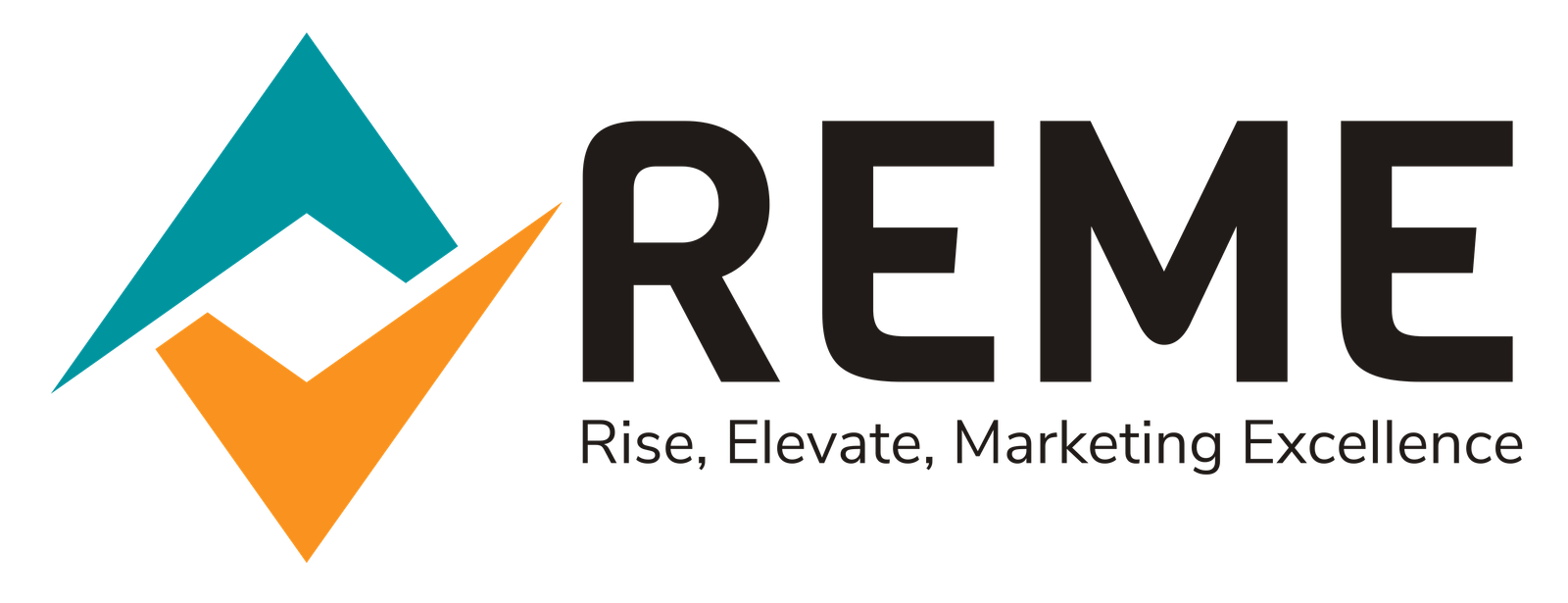Nearly 10 years ago, Facebook was used primarily to connect friends and family. Nowadays, most businesses need a Facebook presence to thrive in social marketing.
Since the founding of Facebook in 2004, it has continuously changed the world due to its unique concept that the world needed exactly at that time. Besides its groundbreaking contributions to social media, it has an enormous impact on the marketing world.
While Google had introduced paid ads into the internet with the ability to target specific audiences, Facebook marketing managed to refine this feature further. In 2005, Facebook was the first to use social customer acquisition. Facebook used user data to deliver tailored advertisements to the appropriate target group. These are individuals who were more inclined to purchase these products due to their social media posts and engagement. It was successful, and over the next few years, other social media platforms would follow Facebook’s marketing tactics.
Besides the hyper-targeting features, marketers like utilizing the Facebook ad campaign in their marketing strategy because of its easy-to-track feature. Additionally, ad performance is highly measured, which lets marketers optimize their strategy for higher click-through rates.
Ads are also made to look like organic content that seamlessly integrates into the user’s Facebook news feed. Further, Facebook utilizes image ads between relevant content—with the ads strategically placed to look as natural as possible while evoking an emotional response that encourages customers to make a purchase.
Facebook marketing refers to the process of promoting a business, brand, product, or service on Facebook. It involves using various strategies, tools, and features provided by Facebook to reach and engage with a target audience. Facebook marketing can include activities such as creating and managing a Facebook business page, running paid advertising campaigns, posting content to engage followers, and analyzing performance metrics to optimize marketing efforts. The goal is to leverage Facebook’s vast user base and its advertising capabilities to build brand awareness, drive website traffic, generate leads, and ultimately, increase sales and business growth.
This especially benefits small and local businesses as well as business start-ups that need all the exposure they need to improve their visibility and brand awareness.
When making a post, adding variety to your Facebook ad format helps engage more audiences. There are a few types of prominent Facebook marketing formats to add variety to your content strategy such as:
- Image ads – This is the most common ad to help increase traffic to your business website.
- Video content – Video ads can showcase more details and content in a single blog post, unlike image ads’ static content. They can be short videos, long-form videos, in-stream videos, or live video.
- Carousel ads – You can host several images with this Facebook marketing format. Show numerous pictures or videos inside a single post which you can take advantage of to tell a creative and interactive story about multiple products or an ad campaign.
- Slideshow ads – Users get to take a glimpse at your product and brand with this Facebook marketing format using a slideshow displayed on average speed. It gives you an interactive content form for your target audience without overwhelming them with a long video while still putting more details than stock photos.
- Collection ads – You can showcase a small catalog of your products’ images in a Facebook post to the user’s news feed. This Facebook marketing format usually consists of one video or image and four smaller pictures to create a grid.
- Lead generation content – Ads are developed to assist in generating leads. This Facebook marketing format works best for pop-up content that directs users to a subscription form, signup form, or an eCommerce business’s website when users tap on the image.
The Evolution of Marketing: How Facebook Transformed Strategies
Revolutionizing Marketing: The Impact of Facebook on Strategies
Facebook's Marketing Revolution: Changing the Game for Businesses
Adapting to the Facebook Era: Transformations in Marketing Strategies
From Traditional to Digital: Facebook's Influence on Marketing Tactics
Beyond Traditional Channels: The Facebook Effect on Marketing Strategies
Navigating the Facebook Frontier: A Shift in Marketing Approaches
Facebook's Marketing Metamorphosis: Strategies That Shaped an Era
The Facebook Disruption: How Marketing Strategies Pivoted
Unveiling the Facebook Impact: A New Era for Marketing Strategies
Marketing in the Social Age: Facebook's Influence on Strategies
From Billboards to Newsfeeds: Facebook's Trailblazing Impact on Marketing
Redefining Marketing Playbooks: The Facebook Revolution
Facebook and the Marketing Renaissance: Strategies Reimagined
Shaping Tomorrow's Marketing: Facebook's Revolutionary Strategies
Breaking the Mold: How Facebook Altered Marketing Strategies Forever
The Facebook Effect: Reshaping Marketing Strategies for Success
Adapt or Fall Behind: Facebook's Ripple Effect on Marketing Tactics
The New Marketing Landscape: Facebook's Influence on Strategies
Beyond Traditional Marketing: A Facebook-Driven Strategy Shift
Building Brand Loyalty:
Engaging content shared consistently on a Facebook page helps build a loyal community around a brand. Responding to comments and fostering meaningful interactions establishes a connection with the audience, fostering trust and loyalty.
Cost-Effective Marketing:
Compared to traditional advertising channels, Facebook ads are cost-effective and allow for budget flexibility. Businesses of all sizes can leverage this platform to maximize their marketing ROI.
Diversified Content Formats:
The platform supports various content formats, including images, videos, and carousel ads. Diversifying content keeps the audience engaged and caters to different preferences within the target demographic.
Data-Driven Decision Making:
Utilizing Facebook Insights provides businesses with valuable data on their audience's behavior. Analyzing metrics such as reach, engagement, and demographics empowers businesses to refine their strategies for optimal performance.
Facebook Groups for Community Building:
Creating or participating in Facebook groups related to the industry nurtures a sense of community. Businesses can share expertise, address concerns, and build a supportive network within their niche.
Key Considerations for Facebook Marketing Success:
Consistent Posting Schedule:
Establishing a consistent posting schedule ensures that a brand remains visible to its audience. Regular updates keep the audience informed and engaged.
Quality Visual Content:
Utilizing high-quality visuals, be it images or videos, is paramount for grabbing attention in the Facebook feed. Visually appealing content is more likely to be shared, expanding its reach.
Audience Engagement:
Encouraging audience engagement through polls, questions, and interactive content fosters a sense of participation. This not only enhances visibility but also provides valuable insights into customer preferences.
Mobile Optimization:
Given the prevalence of mobile users, optimizing content for mobile devices is crucial. Ensuring that images and videos are mobile-friendly enhances the user experience.
A/B Testing for Ads:
Conducting A/B testing on different ad creatives helps identify what resonates best with the target audience. This iterative approach allows for continuous optimization of ad performance.
In conclusion, mastering Facebook marketing involves a strategic blend of targeted advertising, community building, and data-driven decision-making. By staying attuned to the platform's evolving features and user trends, businesses can position themselves for sustained success in the competitive digital landscape.


Leave a comment